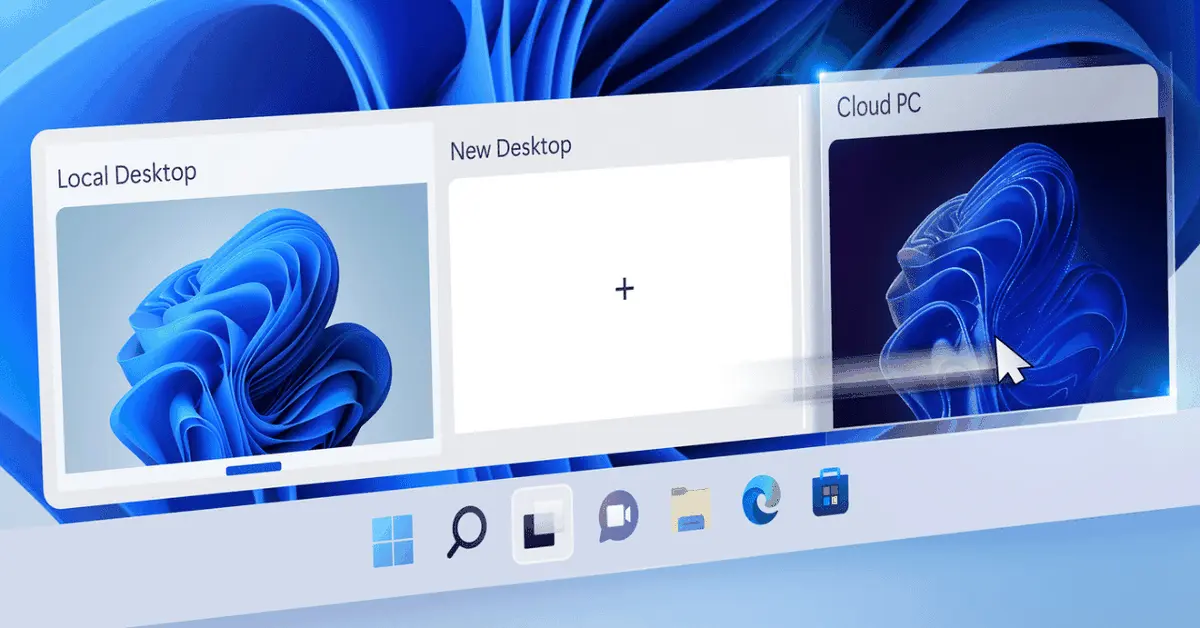Microsoft wants to move Windows fully to the cloud
Microsoft wants to move Windows fully to the cloud

Microsoft wants to move Windows fully to the cloud

If this happens, will it be a mass exodus to Linux/Mac? Or will people just live with it? The fact that the Steam Deck has shown great promise in playing games on Linux has made me reconsider Windows yet again.